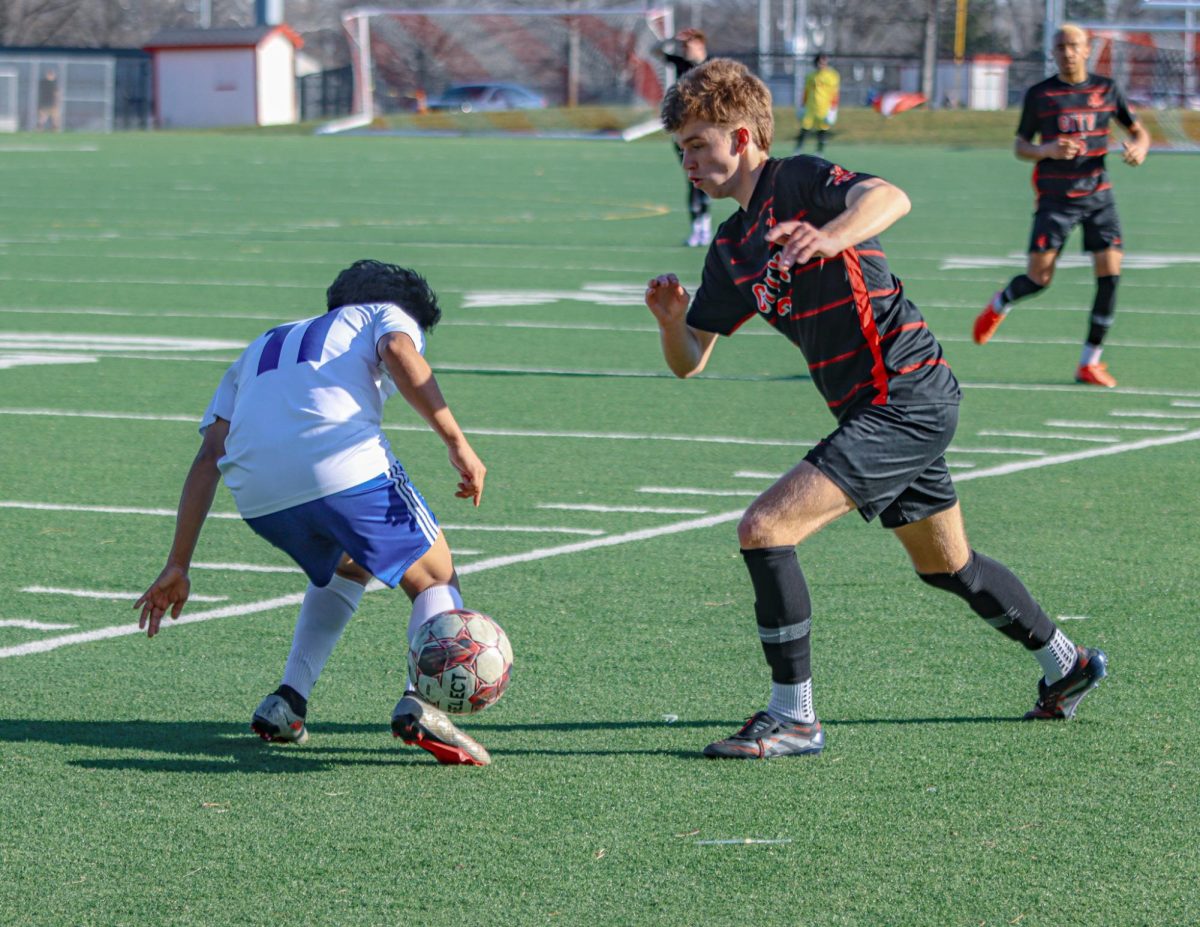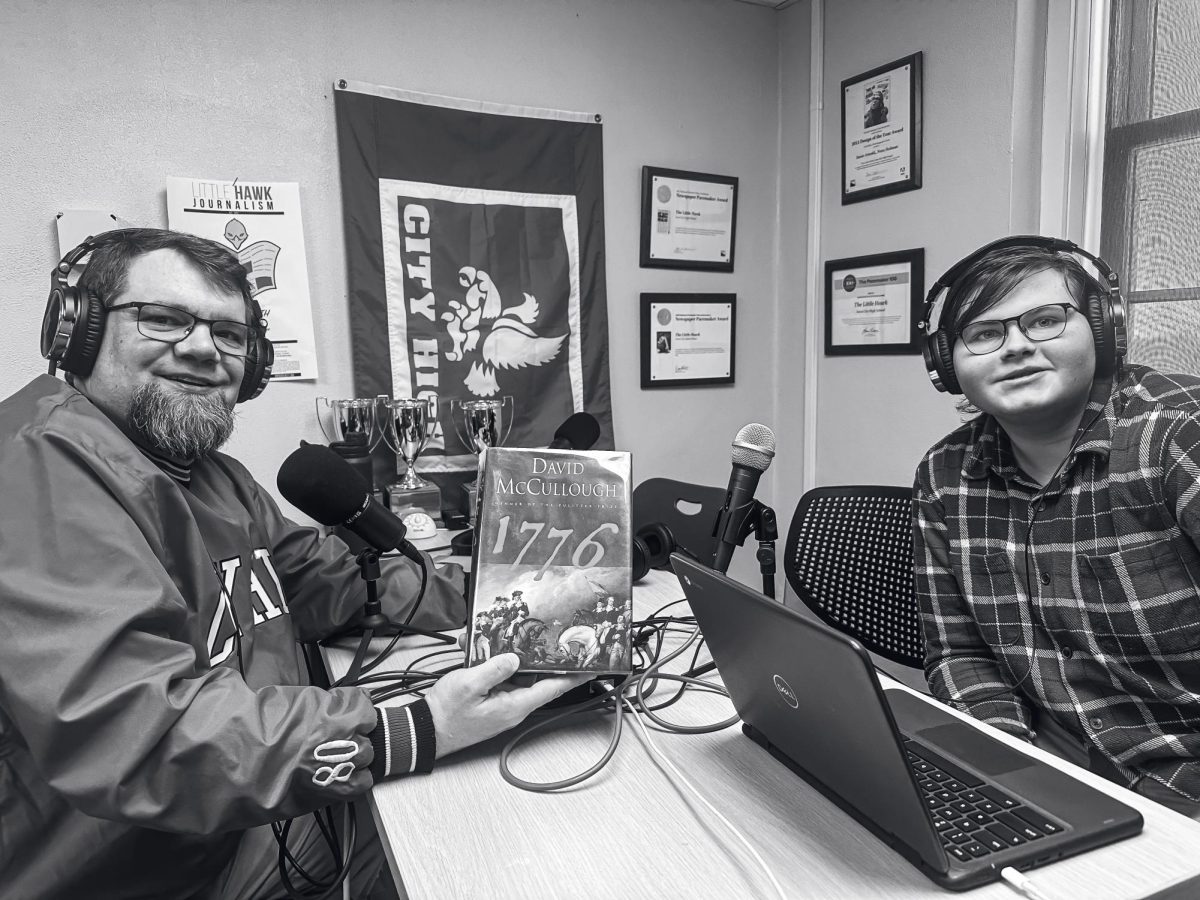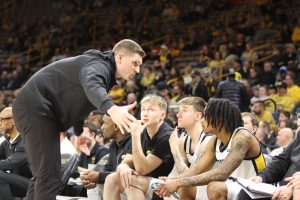What you missed: Career and College Planning
Art by Estie Dillard.
September 4, 2018
Upperclassmen gathered at 6:30 pm in Opstad Auditorium to prepare for college and learn about career planning. Below is a summary of what Lupe Hernandez, a representative from ICAN (Iowa College Access Network), talked about.
Career Planning
Regardless of goals, you should have good time management and organizational skills along with communication skills and knowledge in STEM fields. It is recommended to think about your interests and careers plans before visiting colleges. actprofile.org has interest and abilities and values surveys. These surveys will give you feedback on which careers you might enjoy and the steps necessary to go into that field. Hernandez recommends to job shadow or intern with a person in that career. Students can look into job shadowing here. Hands-on experience will help one see the day to day life of someone who works in that career as well as receiving volunteer hours.
Post-secondary education is essential according to Hernandez but that doesn’t have to be a traditional 4-year education; it can be an associate’s degree, a certificate, diploma and many more. Career training is also a type of post-secondary education, for example, the Iowa Building and Construction Trade registered apprenticeship program is post-secondary education.
When thinking about your career paths Hernandez recommends having an economic outlook. Hernandez also wants students to keep in mind if there will be jobs in their career are and what will the income be. workiniowa-stem.jobs lists STEM jobs in Iowa.
“Rule of thumb is down to borrow as much in student loans as you will make your first year out of college,” said Hernandez.
College
Planning for college includes getting good grades along with challenging yourself in your classes.
“I encourage students to take as many core classes as possible,” said Hernandez who believes these classes are focused on preparation for college-level class.
Hernandez recommends that even if you have your graduation requirement, they are more helpful than other classes. Hernandez thinks that if even you don’t particularly enjoy foreign language classes you should look into the requirements of the college you might apply to.
Here are some links for ACT prep: actstudent.org / collegeboard.org / chegg.com / number2.com
Most midwestern colleges take the ACT. Some other things colleges look at is your extracurricular activities as well as teamwork and leadership skills that you would develop at a part-time job or club. Hernandez advises students to make an activities resume for scholarship applications.
College is an investment, research it. Look at the percentage of students from your field in that school that gets jobs after they graduate. You have until May 1 of your senior year to officially decide what college you will attend. Don’t disregard a school for their tuition price, work on your grades.
If you are nervous about having a roommate for the first time you can do an overnight stay at some private schools in the midwest to see how you like it. You can go to a college’s website and view their safety reports if you are concerned about your safety at that school.
Hernandez recommends seeing the campus in person, not through a “glossy catalog.” Campus visits are recommended for Junior and early Senior year. Sometimes you may receive an excused absence for college visits. College Fairs are also a good way to find a college for you. There is a Golden Circle college and career fair with colleges from the east coast along with schools from the south on September 23 from 12:30-3:00.
Juniors should start the application process during the summer. Hernandez recommends having 3 people in mind for letters of recommendation, with three different people not all teachers. Give them at least 2 weeks for their letter.































